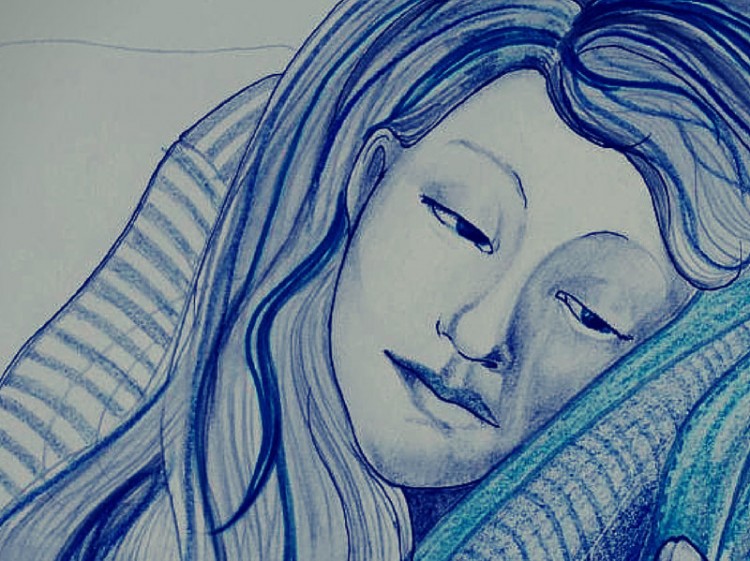There will be time, there will be time
To prepare a face to meet the faces that you meet;
There will be time to murder and create,
And time for all the works and days of hands
That lift and drop a question on your plate;
Time for you and time for me,
And time yet for a hundred indecisions,
And for a hundred visions and revisions
— From “The Love Song of J. Alfred Prufrock” by T.S. Eliot
The word chronic comes from the Latin word “chronos” for time. Chronic illness simply means long-term illness. It’s a marathon on every level. What do I think is the hardest aspect of chronic illness? Well, it’s not the lack of understanding from society at large. It’s frustrating, but it’s something we can actively work to change. And it is not the endless symptoms, medications, treatments and consultations with medical professionals. That’s sheer endurance, but not the worst aspect of this life. It’s not even the heartbreaking armchair view of watching the fallout of your chronic illness on your family and friends. It’s something more insidious.
For me, the hardest part is the “chronic” nature of a chronic illness. Can you imagine getting sick and being told you will probably never be well again? Can you imagine facing challenges today, tomorrow and all of the tomorrows beyond that? “There will be time, there will be time,” T.S. Eliot wrote in his sad poem, “The Love Song of J. Alfred Prufrock.” So much time. Elastic, interminable, confounding time.
It will take a great deal of your energy, because you might learn early on people don’t always want to hear the truth about your chronic illness. They’d rather see you smile so they can move on. And as time goes on, you might prefer that, too. It’s so much less soul-destroying than trying to explain your illness with a chasm of disinterest staring back at you.
You might spend eons deep in your own thoughts and find entire worlds there. Ideas and hopes might be born and end before you’ve managed to make a step. But you’ll also find other ideas, dreams and pursuits in there that you’ll nurture. The distraction of creating things might just lift you from the fog of your chronic illness for a time. You may even create an entirely new you. A phoenix from your ashes. And there will be time for all that.
So, it is time. That’s the hardest thing about living with a chronic illness to me. Of course, the best advice for handling what feels like the tyranny of time lies in acceptance. But acceptance can be hard to find. Sometimes it flies away in the face of the realities of illness. It must be held like a butterfly, so you don’t destroy its wings. Lightly and with wonder.
Have you found acceptance as you travel across the days of your chronic illness? What helps you?
For me, it’s reading poetry, writing, thinking and creating.
It is letting the “slow” seep into my bones and watching the storms roll over. It’s letting go in tiny increments of the girl I used to know. And believing, even when the sands are trickling faster through the hourglass, that there will be a “time for you and time for me.”

The Mighty is asking the following: What’s the hardest thing you deal with as someone with a chronic illness, and how do you face this? What advice and words of support would you offer someone facing the same thing? If you’d like to participate, please send a blog post to community@themighty.com. Please include a photo for the piece, a photo of yourself and 1-2 sentence bio. Check out our “Share Your Story” page for more about our submission guidelines.
